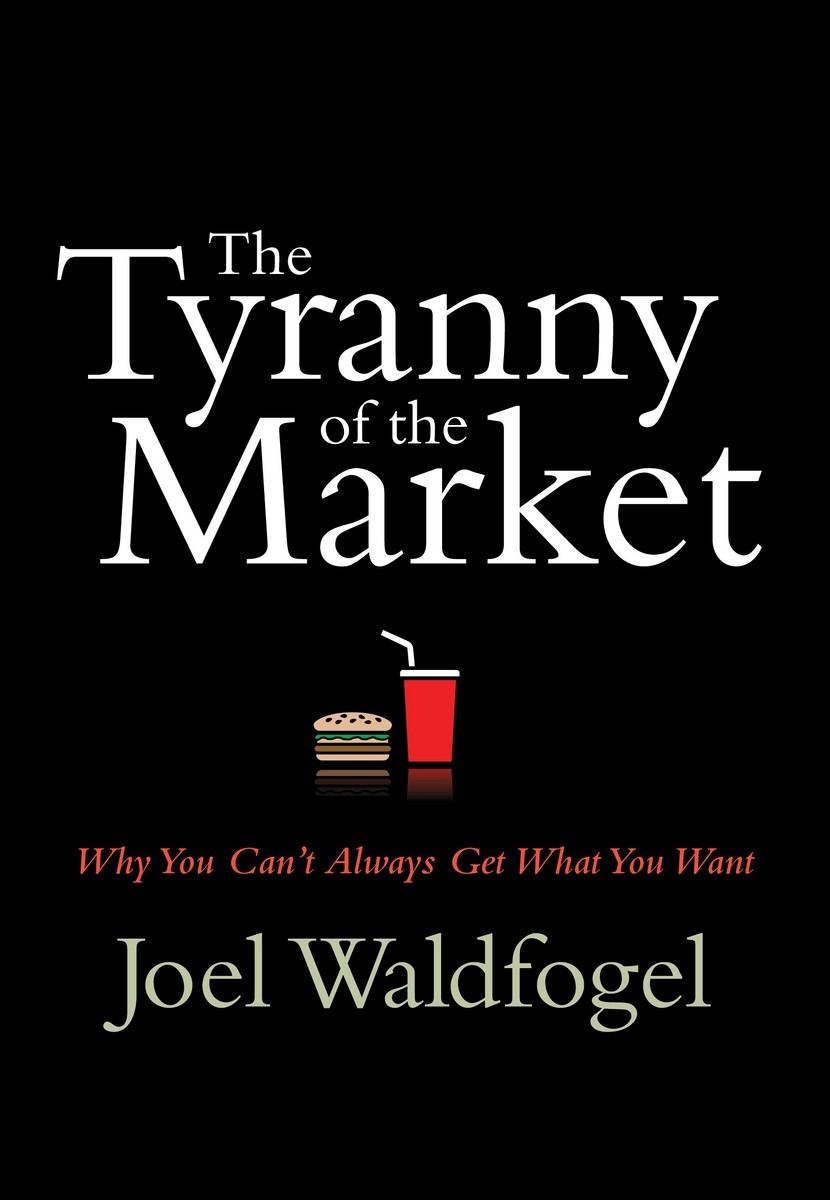Cloth: 978-0-674-02581-3 | eISBN: 978-0-674-04479-1
Library of Congress Classification HF5415.32.W35 2007
Dewey Decimal Classification 381
Economists have long counseled reliance on markets rather than on government to decide a wide range of questions, in part because allocation through voting can give rise to a "tyranny of the majority." Markets, by contrast, are believed to make products available to suit any individual, regardless of what others want. But the argument is not generally correct. In markets, you can't always get what you want. This book explores why this is so and its consequences for consumers with atypical preferences.
When fixed costs are substantial, markets provide only products desired by large concentrations of people. As a result, people are better off in their capacity as consumers when more fellow consumers share their product preferences. Small groups of consumers with less prevalent tastes, such as blacks, Hispanics, people with rare diseases, and people living in remote areas, find less satisfaction in markets. In some cases, an actual tyranny of the majority occurs in product markets. A single product can suit one group or another. If one group is larger, the product is targeted to the larger group, making them better off and others worse off.
The book illustrates these phenomena with evidence from a variety of industries such as restaurants, air travel, pharmaceuticals, and the media, including radio broadcasting, newspapers, television, bookstores, libraries, and the Internet.
See other books on: Free enterprise | Market | Social choice | Supply and demand | Tyranny
See other titles from Harvard University Press



























